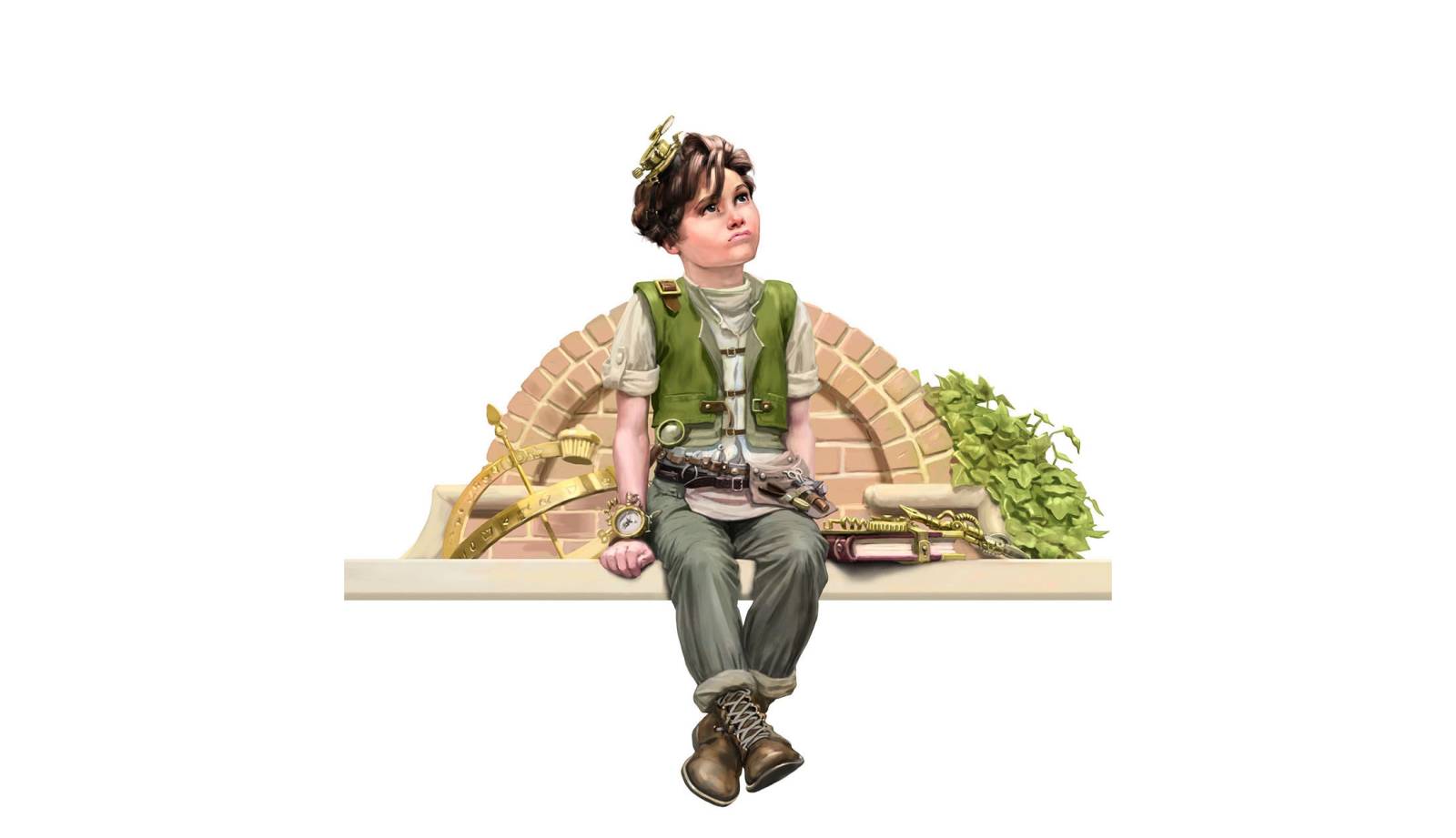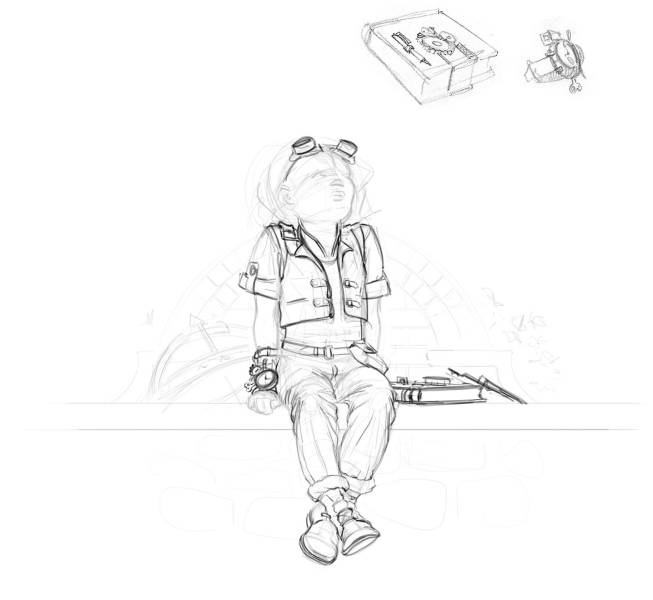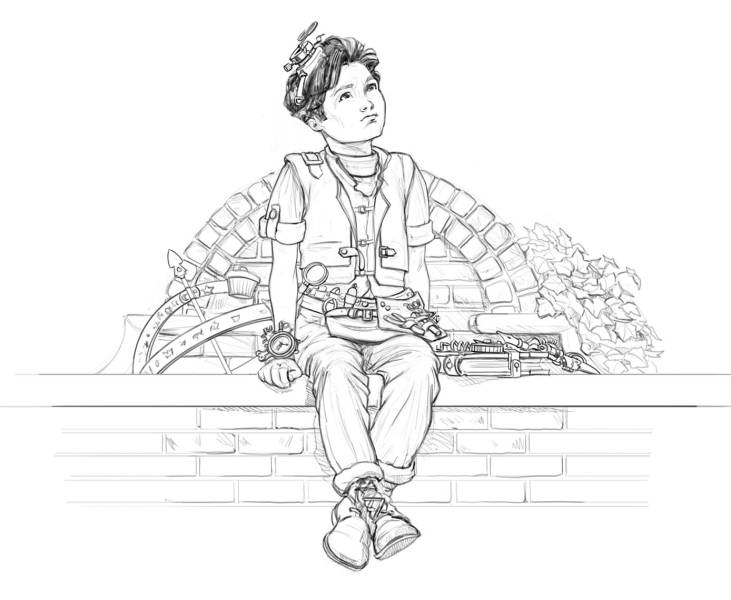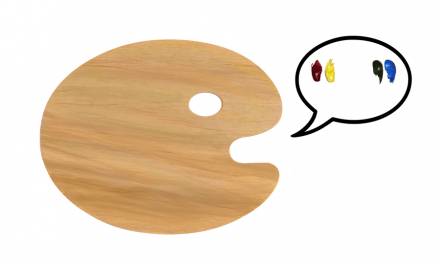The other day a friend asked me to talk about “…the creative practice, staying motivated, psychological roadblocks.”
This is such a great topic because like so much of artmaking, what’s staring us right in the face can often be ignored out of habit, because the truth sounds crazy. But we’re artists, dang it! We need to be honest about ourselves, about life and about what the creative process is, no matter how it sounds.
WHO MOTIVATES WHOM?
On the one hand we instinctively talk about motivation as if it is some alien force over which we have no control, something that is not really “us” so to speak. On the other hand, we know it must come entirely from within us. Both are true.
Because, one more time: what you normally experience as “you” (or “me”) is not all there is to you.
Mostly what you are is some unnamable non-thing that nature is working through, which manifests as the motivation to live and express yourself.
When we are motivated it feels like the wind is filling our sails and we
are enjoying the ride. It’s great! But we know “we” (what we consciously think of as “me”) do not make that wind blow, otherwise we’d crank it up to eleven all the time, and would never find ourselves wallowing in the corner moaning about being unmotivated. We can’t create motivation, but we can unintentionally suppress it by lowering our sails, dropping anchor, or trying to sail against it. That would be really stupid, yet… we do this all the time. Why? Because on top of this unfettered drive to live and express yourself is this programmed thing (ok, it’s also a non-thing) made by society.
PSYCHOLOGICAL ROADBLOCKS
This societal programming is the source of most of the “psychological roadblocks” my friend asked about. Ever notice how artists’ negative self-talk is always the same?
“It’s not worth it.”
“There’s no point.”
“I won’t make any money.”
“I started too late”
“My parents or so and so won’t approve”
“Everyone else is better than I am.”
“Everyone has more followers than I do.”
“With technology getting more powerful no one will need me”
Those defeatist voices are incredibly powerful, screaming for you to throw your precious life away just so you don’t stand out or make waves or become a problem for everyone else. Because society likes stability, predictability, consistency, while YOU are about freedom, spontaneity, change and growth.
These de-motivating assertions are not you talking—they’re society talking, and it says the same things to everyone. You can’t stop these voices. You will probably always hear them, but you don’t need to listen.
YOUR DEEPER SOURCE OF MOTIVATION
We could put it this way: you are going to be driven by something, but you have the choice as to whether that’s going to be your societal programming or something deeper, which is a universal voice but uniquely expressed through you.
It’s pretty easy to tell which driver is speaking up. The problem is that one of them (the programming) has a few advantages:
a) It’s louder
b) You’ve been conditioned to believe that it, and not the other voice, is “you”
c) It purports to provide security and stability
d) It has a lot of allies.
So recognizing when the quieter, deeper voice is talking is more about noticing when the impulse is not any of the above things. In other words, you can tell when nature is working through you at a deeper level precisely because what it’s telling you to do seems foolish, wrong, valueless, against the wishes of society, etc., yet you still feel compelled to do it. Follow THAT thing, at least a little. At least give it a chance.
Once you achieve some success at this, often what happens is you immediately squander it (I know I did). You try to take that deep motivation and corral it, enslave it, by trying to bend it to the will of the societal programming. This lasts for a day or so, then, poof! the motivation is gone again.
Because, you cannot transplant the “shoulds” of your societal mind or ego into the soil of your spirit. You can’t make your deeper nature WANT anything, and I don’t think you can even change it. That’s what’s so bloody great about it!! It’s unique, authentic and incorruptible. Your choice only is to hoist your sails and raise the anchor.
PRACTICAL CONSIDERATIONS
One way to bypass the negative talk is to simply start working. As a professional we often need to get our butts in the chair no matter how we feel, and this works magic. Because your art spirit is about doing while your thinking mind or programming is about talking. Let it go on babbling while you work, and often the problem goes away. If after a half hour it’s still not happening for you, ok, take a break. You might feel completely differently five minutes from then.
Because motivation appears completely random and unpredictable. Maybe it truly is, or maybe it is responding to triggers and events that do not seem to have much importance to us consciously. In any case, it’s important to be ready to go to work at a moment’s notice. So what if you’re in the middle of dinner or watching a movie? If the motivation hits, GO! The trap is, when you feel motivated you feel like it will last as long as “you” want, and you can just get to it in an hour or so when dinner’s done or whatever. But it doesn’t work that way! Learn to surrender to the motivation even when it is not convenient.
As usual, none of this is black and white. You can be “following your bliss” while also making the rational decision to learn some specific skills or tools, go to school, etc.—things that may not be particularly blissful at the time but will help you reach your goal of improving your craft or getting a certain job.
But be careful! There’s nothing the societal mind loves more than you deferring the present for some future reward. Don’t let this become an excuse to put off the present moment living and risk taking required for real self-expression. So while you’re struggling to learn anatomy or color or whatever, make sure you are not simultaneously telling your inner art voice to “just shut up for a couple of years until I get out of school” or whatever.
Always remember that the point of learning these hard skills is to enable and empower your inner creativity, not to silence it. If all you are as an artist is your thinking mind telling you what you should do all the time, and how inadequate you are, your motivation is going to go way down. Why shouldn’t it?
To recap: the motivation you crave is not your personal thinking motivation—it’s a deeper nature working through you. The demotivation comes from outside, which manifests as some very loud voices and even physical listlessness. First be aware of the demotivation, then become uninterested in it, and the motivation will be what’s left.













I freaking loved this. I’ve always found the idea of motivation quite interesting and I really enjoyed this thought process behind it. I’ve at least adopted the idea that one can’t just wait around for motivation because that only leaves you mostly waiting and not much more, but getting to work, loosening those gears inside you and getting that creative engine revved up can almost always lead to that feeling of motivation and even finding yourself not being able to stop for a while when you may not have even wanted to begin in the first place.
Thanks for the article.
Yeah, Levi! Thanks for the comment.
Powerful stuff here, Chris. I needed to hear this.